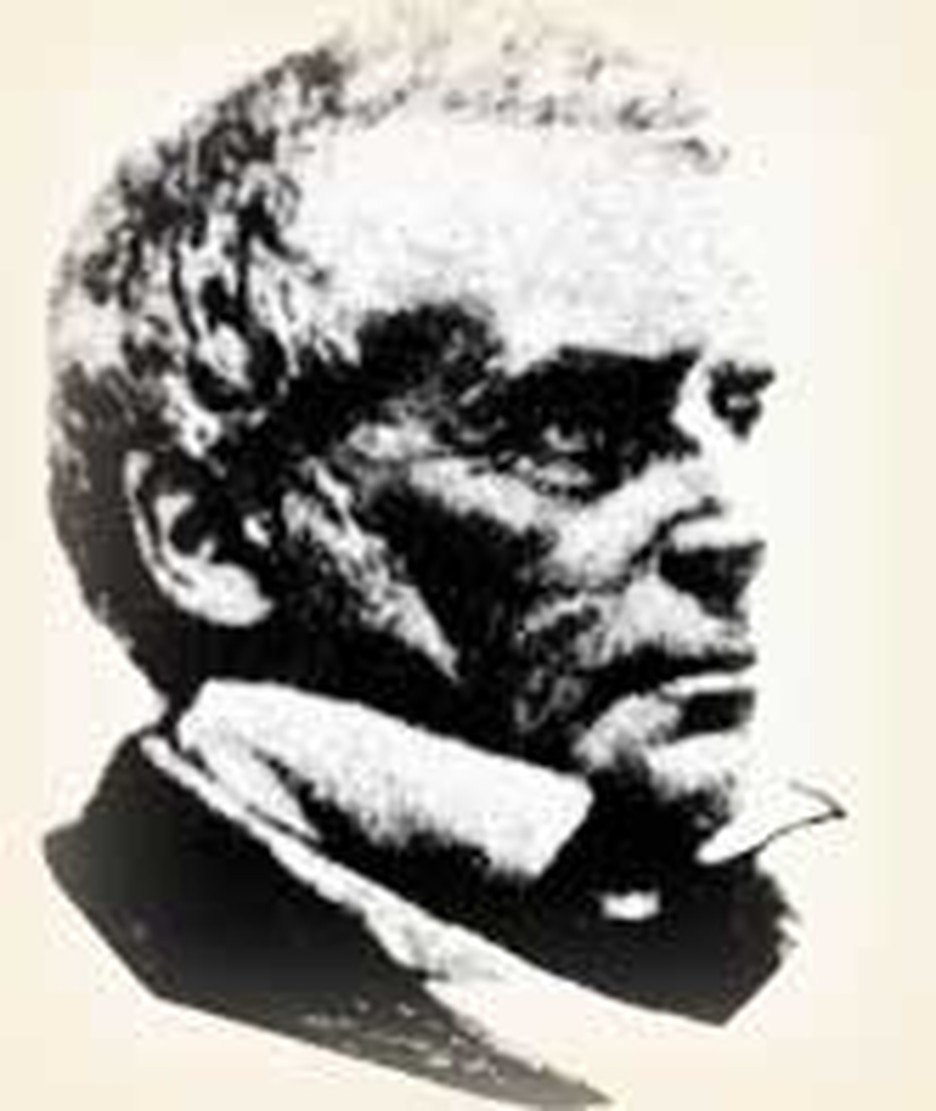
John Nelson Darby died in Bournemouth on this day April 29, 1882. No more would he electrify the world in person with his fresh insights, his dispensational theories, and his vision of the future. No more would he seek earnestly to reawaken the church to an expectation that Christ would soon return.
Born in London, Darby developed a keen mind. He trained in Dublin at Trinity College, where he graduated a gold medalist. For a brief time he practiced law in Ireland, then gave it up to become a curate. It began to seem he could stick at nothing, for he did not remain long in the Irish church either. He had begun to doubt that an established church was scriptural.
There were a number of other churchgoers in Britain who had similar qualms about the established church. Churches holding orthodox doctrines tended to coldness, they felt. Churches which rejected important statements of faith, were worldly and just as dead. Under the leadership of Anthony Norris Groves, a group of these unhappy evangelicals formed a new group called simply the Brethren. It was their intent to reject all denominational distinctions and ecclesiastical forms. The Holy Spirit must lead worship, or it would be as bloodless as that found in the established church. Darby joined this group and became its most influential leader. Their main congregation met in Plymouth and the group became known as "Plymouth Brethren."
Brethren emphasized the unity of true believers and were strongly interdenominational in outlook. Each group was to be independent. Communion was to be simple and served by a different individual each week. There would be few full-time pastors, since all members were equally called to be priests and were each meant to be as responsible for the whole congregation as their abilities permitted.
Darby began to read the Bible as representing different eras or dispensations of grace. Some passages spoke of Israel, others of the church. His view is familiar to many Christians, for it became the basis of well-known and widely circulated Scofield's Reference Bibles. One of the key emphases of the Brethren and especially of Darby, was the second coming of Christ, a doctrine sadly neglected at that time. Darby taught that Christ would come for the saints before the Great Tribulation. This view, accepted today by most evangelicals, was controversial at the time because it lacked historical roots. But thanks to Darby, renewed interest in the second coming spread rapidly through the world, for the Plymouth Brethren were missionary-minded. Darby himself traveled extensively. He also helped complete a new translation the Old Testament into German.
Darby thought the established church too corrupt for common fellowship with his followers. He even thought the other Brethren weren't living up to Scripture. Led by him, a group of Brethren, known as Darbyites, became exclusive and formed their own congregations which had few dealings with outside churches
Bibliography:
- "Darby, John Nelson." Dictionary of National Biography. Edited by Leslie Stephen and Sidney Lee. London: Oxford University Press, 1921 - 1996.
- "Darby, John Nelson." The Oxford Dictionary of the Christian Church. Edited by F. L. Cross and E. A. Livingstone. Oxford: Oxford University Press, 1997.
- Dickson, N. "Darby, John Nelson." Biographical Dictionary of Evangelicals. Timothy Larsen, editor. Downers-Grove, Illinois: Intevarsity Press, 2003.
- Eaton, Kent. "Beware the Trumpet of Judgment; John Nelson Darby and the Nineteenth-Century Brethren" in The Coming Deliverer; Millennial themes in world religions. Edited by Fiona Bowie. Cardiff: University of Wales, 1997; pp. 119 - 162.
- LaTourette, Kenneth. A History of Christianity. p. 345.
- Weber, Timothy P. Living in the Shadow of the Second Coming: American premillenialism, 1875 - 1925. New York: Oxford University Press, 1979; pp. 17 - 23.
Last updated April, 2007.








